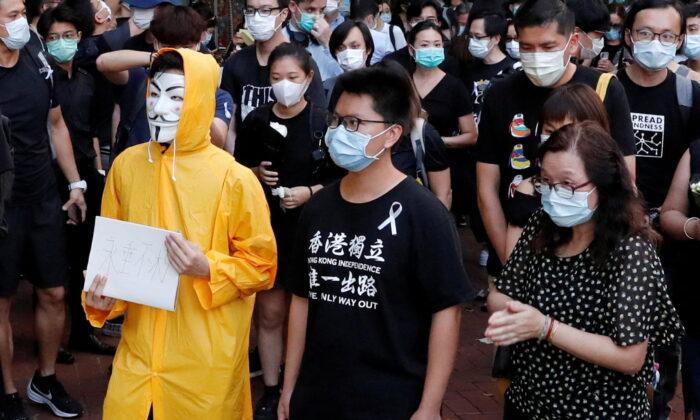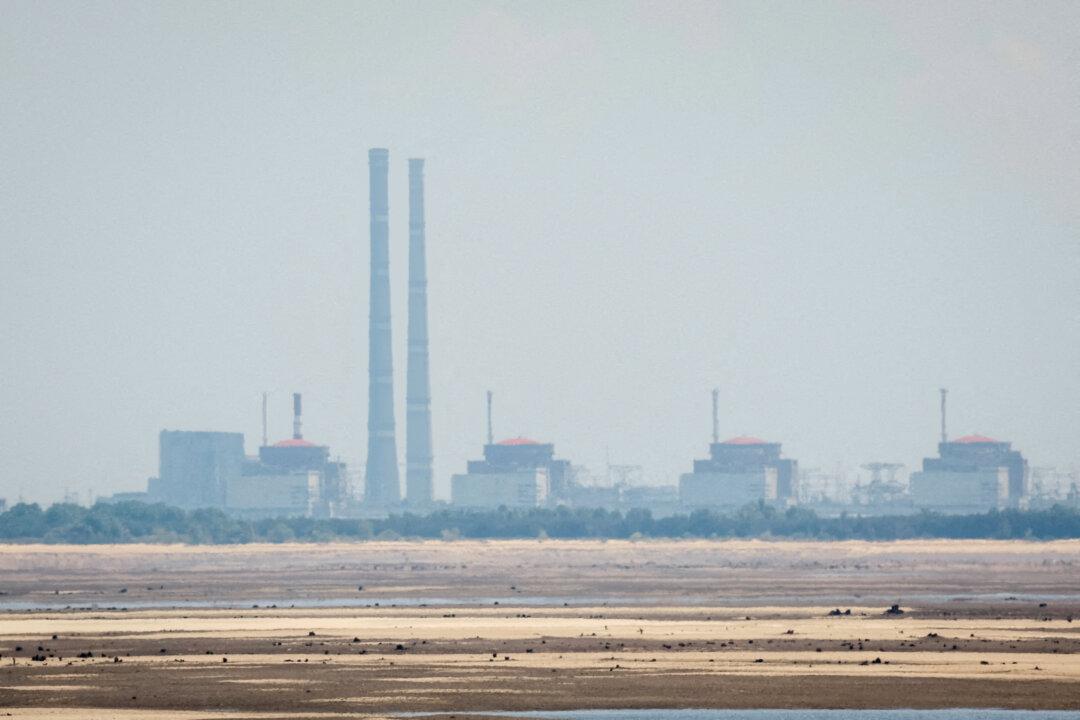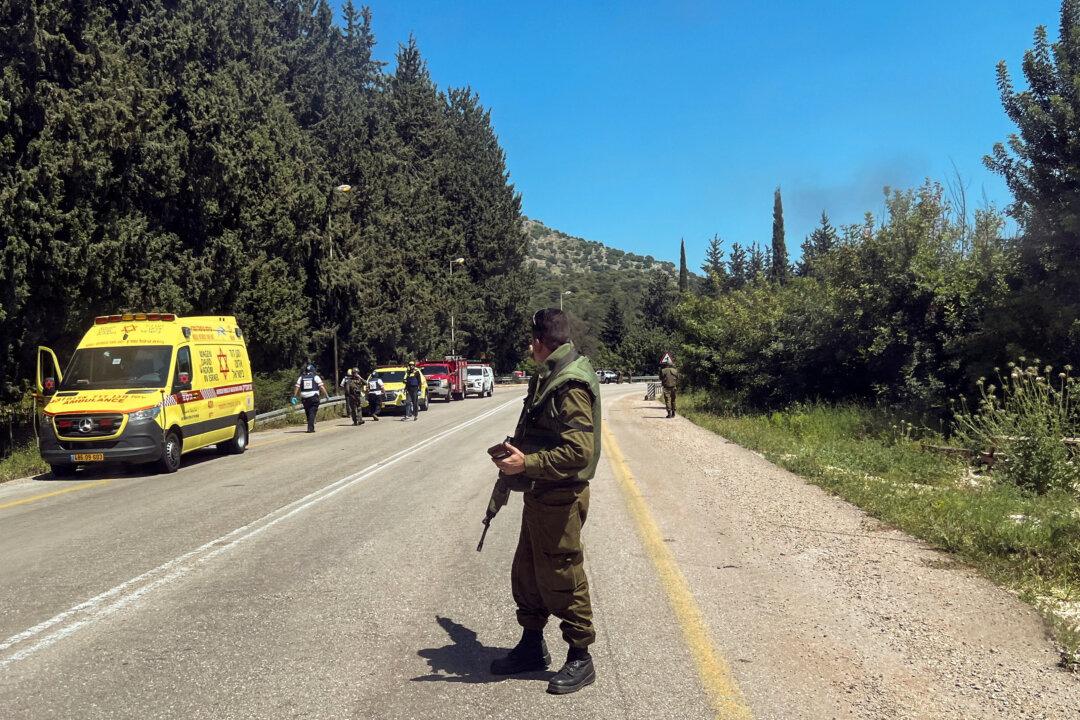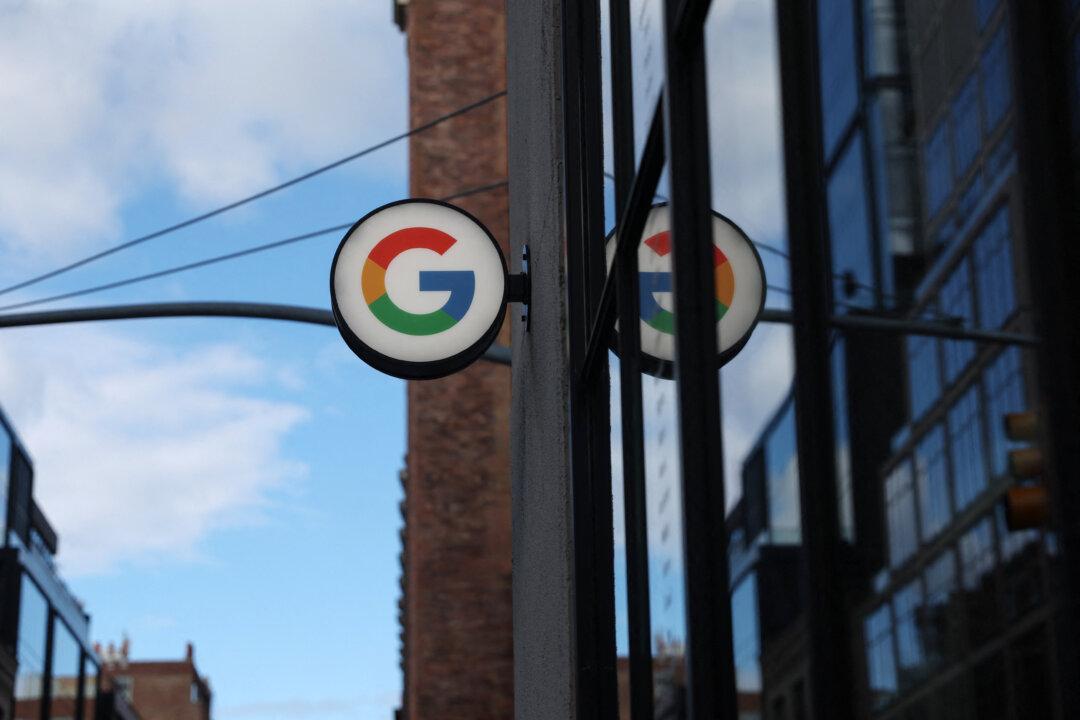HONG KONG—A Hong Kong activist dubbed “Captain America 2.0” for wielding the superhero’s shield during pro-democracy protests in 2019 had his jail sentence reduced to five years on Wednesday after winning an appeal.
High Court Chief Judge Jeremy Poon and Justices of Appeal Derek Pang and Anthea Pang, wrote in a summary that was posted on the court’s website. “The 6-year starting point adopted by the judge was manifestly excessive.
“The proper starting point should have been 5 years 3 months, and with a discretional discount of 3 months, the final sentence should be one of 5 years.”
Ma Chun-man, 31 and formerly a delivery man, was jailed for five years and nine months last November under a sweeping national security law Beijing imposed on Hong Kong in 2020. He was found guilty of what the communist regime in mainland China sees as “inciting secession,” due to the slogans he chanted, placards displayed, and statements he made to the media.
According to Article 21 of the national security law: “If the circumstances of the offence committed by a person are of a serious nature, the person shall be sentenced to fixed-term imprisonment of not less than five years but not more than 10 years.”
The judges said the lower court judge, Stanley Chan, “was wrong to use the applicant’s lack of remorse as a reason to assign this case to the ’serious’ category”, though it did not affect the conclusion that this case was of a “serious nature.”
What Ma did “remained at the lower end of that classification,” the judges added.
Senior Counsel Edwin Choy, representing Ma, argued that his sentence should be closer to five years, as the impact of Ma chanting a slogan was small and he did not have detailed plans on pushing forward a pro-independence stance.
The national security law punishes anything the Chinese regime sees as subversion, secession, terrorism, and collusion with foreign forces with up to life in prison and has been widely criticized as a tool to purge political opponents and civil society groups.
More than 200 people, including many of the city’s most prominent opposition politicians and activists, have been arrested for endangering national security. Most have been denied bail.






Friends Read Free